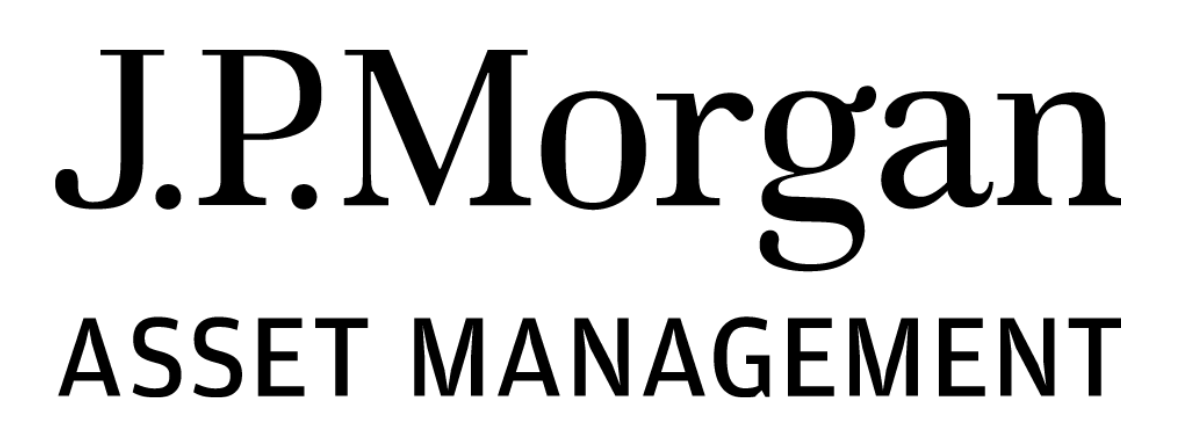Fixed income ETFs have experienced tremendous growth in assets and active fixed income ETFs are becoming an important tool for investors to source returns in an increasingly complex market environment.
Fixed income investors can benefit from active strategies
Many investors have viewed fixed income portfolios as good candidates for passive ETFs, which can provide core fixed income exposure, such as a diversified bond index, at minimal cost. But passive ETFs may not always create the outcomes investors expect from their fixed income allocations, including diversification and potential return enhancement.
In fact, while passive investments leave investors vulnerable to the changing investment characteristics of fixed income indices and market behaviour, active ETFs have the opportunity to benefit from these events.
For example, unlike equity indices, the composition of bond indices is driven by the largest issuers, not necessarily the most “successful” issuers. This means a passive ETF will automatically drift towards the largest issuers over time irrespective of the quality of their balance sheets.
An actively managed fixed income ETF can allocate towards higher-quality issuers and away from those that could be at risk for downgrades, which can help preserve capital and returns in time of economic or market stress.
Active fixed income ETFs can also capitalise on numerous factors that impact bond prices and move markets, including economic and market cycles, central bank actions and regulations for institutional investors. For instance, an active strategy can adjust interest rate exposure and sector allocation through the cycle, enabling investors to own cheaper securities and underweight expensive ones while maintaining a stable bond beta.
Active ETFs can offer extra benefits
The unique mechanics of active ETFs are transforming the delivery of active fixed income strategies, with multiple benefits for investors. To begin with, active ETFs offer daily transparency into fund portfolios versus monthly or quarterly for mutual funds and they tend to have much lower management fees.
Active ETFs are also highly liquid. They have the same primary market mechanism as passive ETFs and they trade on the same stock exchanges in the secondary market, which allows investors to buy and sell throughout the day providing real-time price discovery. This not only improves liquidity but allows investors to monitor the values of their active portfolios more closely, a material benefit in times of market stress.
Explore the global opportunity with J.P. Morgan Asset Management’s global aggregate strategy
Some fixed income strategies are particularly well suited to active ETFs.
The Bloomberg Global Aggregate index is a core allocation that covers a wide opportunity set spanning government, corporate, government-related, emerging market and securitised bonds across 25 local currency markets.
The size and complexity of the global aggregate universe makes a compelling case for active management that employs bottom-up security selection and top-down sector allocation, while taking advantage of relative value opportunities by rotating between sectors.
Our global aggregate strategy’s time-tested process has delivered strong returns since inception of the strategy in 2009 while retaining the key features of a core bond portfolio including low volatility, limited drawdowns and no market bias.
With an experienced team of investors and a disciplined portfolio construction process, J.P. Morgan Asset Management’s actively managed global aggregate investment strategy has delivered strong returns over the five rolling years compared to the global aggregate index with similar volatility.
Our active strategy, featuring a diversified investment process while seeking to generate excess returns from many different sources, not just from a few big positions, as such it has delivered strong excess returns over time. The risk management process includes stress testing and makes the portfolio managers vigilant against unexpected risks.
Over a period with many different and unexpected real stress tests – from the eurozone sovereign crisis to COVID-19 – our strong focus on risk management has helped limit performance drawdowns versus the J.P Morgan aggregate strategy benchmark.
As the current interest rate-hiking cycle plays out across regions, liquid, low-cost active fixed income ETFs can offer investors an efficient way to take advantage of this dynamic environment. For instance our JPM Active Global Aggregate Bond UCITS ETF* provides access to the diversification of the global bond universe with the benefits of our active investment strategy.
This article was first published in Actives Unlocked: The Next Battleground, an ETF Stream report. To read the full report, request access here.
For Professional Clients / Qualified Investors only – not for Retail use or distribution.
FOR BELGIUM ONLY: Please note the acc share class of the ETF marked with an asterisk in this page are not registered in Belgium and can only be accessible for professional clients. Please contact your J.P. Morgan Asset Management representative for further information. The offering of Shares has not been and will not be notified to the Belgian Financial Services and Markets Authority (Autoriteit voor Financiële Diensten en Markten/Autorité des Services et Marchés Financiers) nor has this document been, nor will it be, approved by the Financial Services and Markets Authority. This document may be distributed in Belgium only to such investors for their personal use and exclusively for the purposes of this offering of Shares. Accordingly, this document may not be used.
This is a marketing communication and as such the views contained herein do not form part of an offer, nor are they to be taken as advice or a recommendation. The value of investments and the income from them may fluctuate in accordance with market conditions and taxation agreements and investors may not get back the full amount invested. Past performance is not a reliable indicator of current and future results. There is no guarantee that any forecast made will come to pass. Investment decisions shall solely be made based on the latest available Prospectus, the Key Information Document (KID), any applicable local offering document and sustainability-related disclosures, which are available in English from your J.P. Morgan Asset Management regional contact or at www.jpmorganassetmanagement.ie. A summary of investor rights is available in English at https://am.jpmorgan.com/lu/investor-rights. J.P. Morgan Asset Management may decide to terminate the arrangements made for the marketing of its collective investment undertakings. Purchases on the secondary markets bear certain risks, for further information please refer to the latest available Prospectus. Our EMEA Privacy Policy is available at www.jpmorgan.com/emea-privacy-policy. This communication is issued in Europe (excluding UK) by JPMorgan Asset Management (Europe) S.à r.l. and in the UK by JPMorgan Asset Management (UK) Limited, which is authorised and regulated by the Financial Conduct Authority. In Switzerland, JPMorgan Asset Management Switzerland LLC (JPMAMS), Dreikönigstrasse 37, 8002 Zurich, acts as Swiss representative of the funds and J.P. Morgan (Suisse) SA, Rue du Rhône 35, 1204 Geneva, as paying agent. With respect to its distribution activities in and from Switzerland, JPMAMS receives remuneration which is paid out of the management fee as defined in the respective fund documentation. Further information regarding this remuneration, including its calculation method, may be obtained upon written request from JPMAMS.
09iu230409152347



